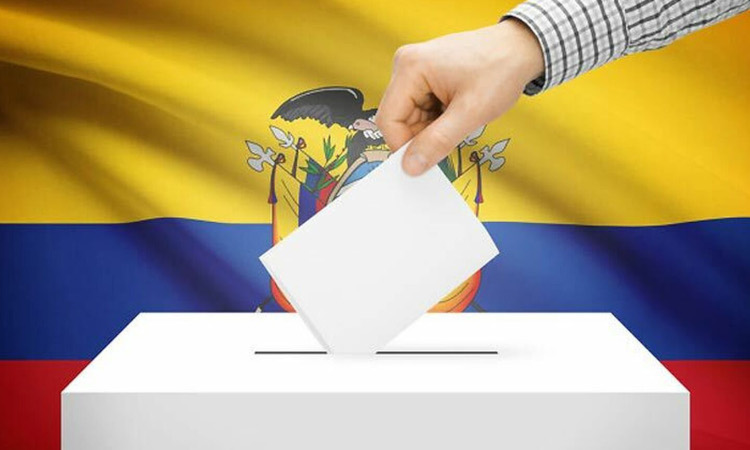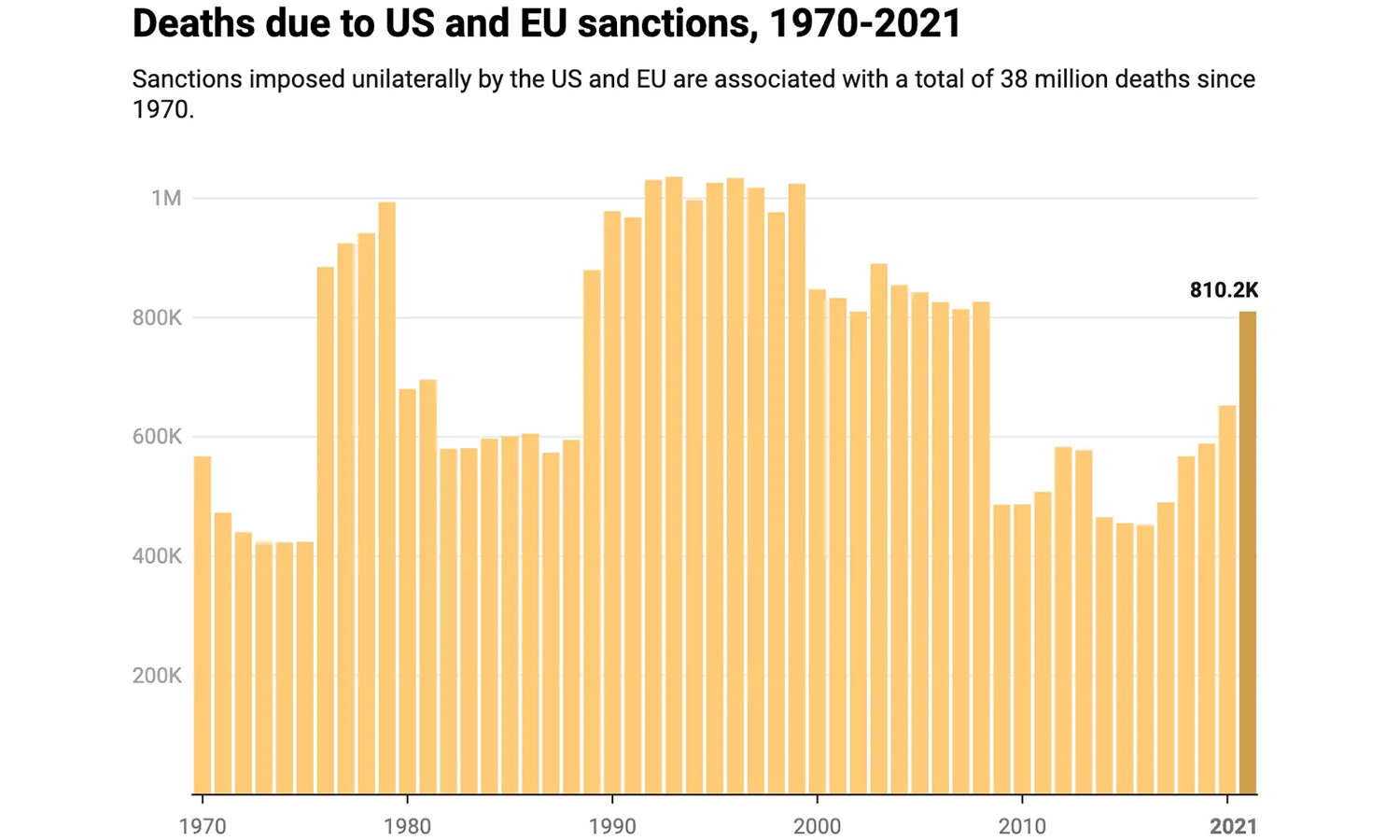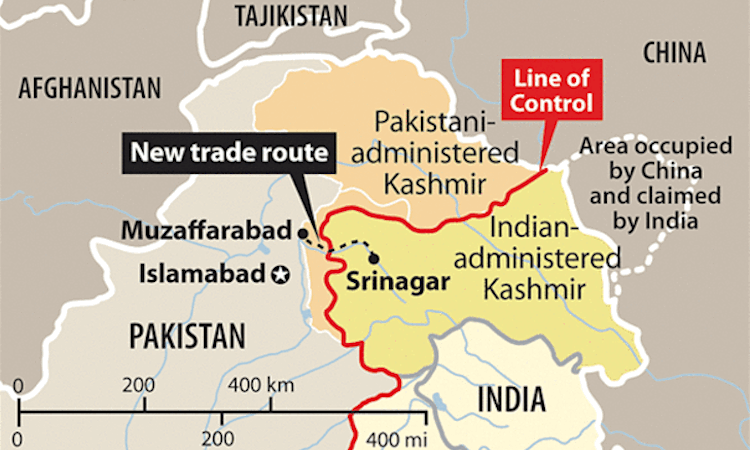The three Latin-American nations most heavily targeted by US imperialism participated in a webinar in June to discuss the significance of the Alba-TCP agreement for their region. The event was organised by Nicaragua Webinars and the speakers were Cuban ambassador to Canada Héctor Igarza Cabrera, Venezuelan deputy minister of foreign affairs Carlos Ron and Nicaraguan minister of commerce Jesús Bermudez.
*****
Before we proceed, a little bit about Alba and its history.
A brief overview of Alba
The Alianza Latino-Bolivariana de las Américas (Latin-American Bolivarian alliance, or Alba) is based on the principles of solidarity, cooperation and anti-imperialism, and seeks to establish an alternative model of regional integration to the existing neocolonial order – one that emphasises social development, poverty reduction, and equitable distribution of resources.
Alba members engage in various forms of economic and general cooperation including trade agreements, financial assistance and social programmes. The alliance is based on principles of fair trade (as opposed to imperialist brigandage) and has established mechanisms to promote economic integration among member countries.
Supporting the use of complementary currencies (as opposed to dependence on the US dollar), Alba has established preferential local trade agreements that promote economic cooperation amongst neighbours and reduce their dependence on the vacillations of the world market.
The alliance prioritises social initiatives, implementing programmes that are improving healthcare, education and housing. Its members cooperate in a wide range of areas, including technology transfer, cultural exchange and disaster relief.
It has also expanded its influence by building partnerships and alliances with regional organisations and countries that share similar values and goals. Key collaborations include agreements with the Caribbean Community (Caricom), the Community of Latin American and Caribbean States (Celac), and anti-imperialist countries such as Iran, China and Russia.
There are currently ten members in the alliance: Antigua and Barbuda, Bolivia, Cuba, Dominica, Ecuador, Nicaragua, Saint Lucia, Saint Vincent and the Grenadines, and Venezuela.
How Alba benefits the people
Comrade Jesús Bermudez explained that Nicaragua joined Alba in 2007, and that membership has led to many improvements in the people’s wellbeing.
Provision of energy via Alba, for example, means that the country no longer suffers from routine blackouts. This in turn is resulting in better health and education outcomes, improved sewerage and water provision, and road-building. A new oil refinery has been built, and all this is supporting economic growth.
Comrade Bermudez emphasised that progress for the poorest is Alba’s foundational principle. Instead of prioritising personal or big business interests, the alliance focuses on measures that will improve the lives of the disadvantaged the most.
Comrade Héctor Igarza Cabrera of Cuba pointed out that Alba’s ten members look for what unites them, focusing on areas where integration can help bring peaceful solutions to people’s problems.
As a result of Alba initiatives over the last 18 years, four million people have learned to read, thousands of doctors have been trained, an oil alliance has been created, and social security provision has been improved, all of which has helped countries targeted by imperialist economic warfare to stand up against the sanctions that aim to impede their development and bring down their anti-imperialist and socialist governments.
Comrade Carlos Ron of Venezuela explained that Alba has facilitated a paradigm shift in the region, since the alliance departs from the model of purely commercial integration, working to strengthen cooperation in many other areas of life on principles of equality and solidarity.
He pointed out that while facts and figures can demonstrate some of the impact of Alba’s activities, they are unable to convey the cumulative benefits to individuals and wider society of such positive changes as rising literacy rates and better access to healthcare. Likewise, improvements in the lives of women mean that partnerships are stronger and more equal, freed from old patterns of domination and subjugation.
Comrade Ron emphasised that while the imperialist economic system is based on dependence and exploitation, the Alba alliance aims for mutual gain and political unity, creating mechanisms of inclusion that simply cannot exist within the neoliberal exploitative model.
Criminal US sanctions and their impact
Comrade Bermudez emphasised that the sanctions unilaterally imposed by the USA on Nicaragua since 2013 are in total violation of international law. Besides restricting trade, they limit the state’s ability to collect the taxes it needs to fund its social programmes.
Whilst Alba has brought benefits to education, helping the country overcome illiteracy and build the largest university enrolments in the region, the sanctions have cut state income, meaning that the government is forced to keep public sector workers’ wages low. Salaries for Nicaragua’s teachers and professors have fallen as a result, limiting the government’s ability to attract and retain staff and improve services.
With social programmes under constant attack from this economic warfare, the people and government continue to work together to find creative solutions and workarounds to the problems being artificially created.
Nicaragua’s economy remains strong despite US sanctions thanks to high global demand for its agricultural output. Ongoing negotiations will lead to China becoming the country’s new main investor and trading partner from August 2023, replacing the USA, which currently accounts for 66 percent of imported goods.
Comrade Igarza highlighted the combined effects of the tightening US blockade as it impacts Cuba’s energy, food, transportation and Covid response.
The regimes of Donald Trump and Joe Biden have presided over a drastic ramping up of the blockade, and have used every means to intimidate other countries out of providing much-need food or banking services. Malicious media campaigns, slander and data manipulation are all intended to destabilise Cuba and facilitate regime change on the socialist island.
There were 13 lawsuits against Cuba pending in US courts in 2022 – Comrade Héctor calls this systematic assault what it is: state-sponsored terrorism. Despite the fact that out of all the members of the United Nations general assembly, only two countries officially support the blockade against Cuba (the USA and Israel), there has been a continuous economic blockade against the country since 1962.
Western corporate media talk about the end of the cold war, but it never ended in Cuba. To take just one recent example, the intensification of sanctions lost Cuba $3.8bn between August 2021 and February 2022, primarily in tourism, a 49 percent increase over previous periods. The share of tourism to the country’s GDP dropped from 8 percent to 4.5 percent.
As a socialist society, Cuba dedicates 72 percent of its annual budget to healthcare, education and social security – that is, to the wellbeing of its people. In the year 2019/20, the blockade knocked $150m off the country’s education budget, seriously affecting this vital service.
This all serves to remind us that sanctions aren’t really aimed at governments, but at ordinary workers. The USA might claim it wants to ‘help’ the Cuban people but in reality its sanctions achieve the opposite. Meanwhile, it spends billions in media propaganda trying to persuade the Cuban people to reject socialism.
Despite the suffering caused to the Cuban people, however, they remain united in solidarity as they face these difficulties. At the same time as Cuba has gained the overwhelming support of the international community, the USA is becoming ever more isolated.
Comrade Ron referred to Donald Trump’s wish of “collapsing” Venezuela so that US corporations could get their hands back on Venezuelan oil. He explained that Alba was causing concern in US ruling circles because its people-oriented model shows what can be achieved by socialist governments and policies. The capitalist system is incapable of overcoming poverty, or of providing decent education and healthcare to the masses.
Sanctions obstruct the supply of food, medical supplies and spare parts to Venezuela, making it extremely difficult to maintain the country’s water and energy infrastructure. This was built by US companies in former times, and they are now barred from maintaining their own equipment.
All this is aimed at destroying the Venezuelan model and halting its progress, but this plan has failed owing to the steadfastness, creativity and innovation of the people, who have worked together to find other ways to solve their problems, while their government has found new allies around the world who are willing to trade with Venezuela on equal terms.
When Venezuelan assets abroad were frozen by imperialist banks, this effectively barred the government of Nicolás Maduro from producing vaccinations for its people. The solidarity of China, Russia and Cuba allowed the government to overcome this dire situation so it could vaccinate and protect its people.
Comrade Ron emphasised again that sanctions, as a form of collective punishment, are a crime against humanity. They are aimed at punishing the masses of the people and forcing them into giving up on their chosen path, accepting US domination and permitting the US pillaging of their resources.
Benefits of increased trading and cooperation with China
The relationship between Alba and China is one of cooperation and equality. The Chinese share their knowledge and development willingly, cooperating across all sectors, according to Comrade Bermudez. While the USA threatens and bullies, a free trade agreement with China will allow Nicaragua to double the number of consumers its goods can reach. Tourism, the financial sector and construction will all be developed with Chinese cooperation.
Some 53 percent of raw materials used in Nicaragua are imported from the USA and the European Union. After the agreement has been signed, China will replace the imperialists as the main source of these vital supplies. Comrade Bermudez explained that China is seen in Latin America as an older brother, with a philosophy of sharing, not taking, as compared with the bully-boy tactics of the USA and its imperialist allies.
Venezuela and China have also developed the best relationship in their history, with 500 agreements now in effect in different areas. Comrade Ron described China’s approach as one of mutual gain without a demand for any change to the country’s internal or external policies. China’s approach is a respectful one based on cooperation rather than imposition or exploitation.
Comrade Héctor also underlined Cuba’s history of good relations with China stretching back to the revolution of 1959. China is Cuba’s second-largest trading partner and has been an important source of trade credit and investment since the fall of the east European and Soviet socialist countries. This has been especially important for Cuba’s food production.
Oil is Cuba’s main source of electricity and China has helped the country to develop electrical energy from clean sources, overcoming sanctions by providing 25 percent of its energy at home. Likewise, the Belt and Road initiative is bringing new benefits to Cuba, as are student exchange programmes between the two countries.
Xenophobia in US media and government has increased as a result of China’s strengthened position in global trade. China is a big brother to Cuba and to the developing world in general – a model country in the field of cooperation. As a result, many countries are now looking to join the Brics, said Comrade Igarza.
Benefits of working with Iran
Cuba enjoys a very good trade relationship with Iran, which includes cooperation in such areas as biotechnology, pharmaceuticals and tourism. Cuba exports vaccines to Iran and has a joint venture to produce them there. Comrade Héctor explained that Iran can help Cuba with energy, and underlined the hugely beneficial nature of the two countries’ cooperation.
Venezuela is part of the oil-producers’ union Opec, and so has had a long-standing relationship with Iran since the 1960s. It recently signed a 20-year agreement in energy, tourism and agriculture, and Comrade Ron emphasised there was much that the two nations could learn from each other. Iran’s scientific development has arisen from the need to counter 45 years of sanctions measures, and that knowledge is extremely useful. Comrade Ron reiterated the importance of anti-imperialist states coming together to strengthen areas of cooperation if they want to retain their independence from imperialism.
Western media deny Venezuela’s right to enter into beneficial trade relationships, which they report as being ‘anti-US’. The people of the USA need to understand that all peoples have the right to decide what is in their own best interests – decisions made in Venezuela are based on what benefits its population, not on the diktat of US financiers and monopolists.
Nicaragua also engages in beneficial cooperation with Iran in science, technology, education and healthcare, and Comrade Bermudez likewise underlined how shared experiences in overcoming economic warfare are extremely important for Nicaragua’s development.
International solidarity holds the key
The role of imperialist media in distorting the facts or just plain lying was repeatedly emphasised, and the comrades ended the meeting by underlining the fundamental importance of international solidarity in overcoming the USA’s economic warfare.
Solidarity actions are also key to raising the consciousness of the masses in the imperialist countries, most of whom don’t yet understand what socialist policies are all about.
Bringing these truths to the people is the task of anti-imperialists everywhere.















